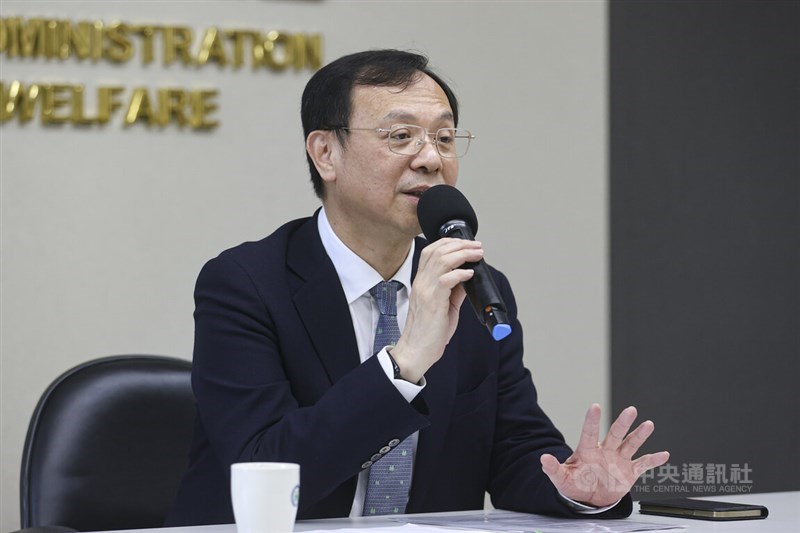
Taipei, Sept. 26 (CNA) U.S. President Donald Trump's planned 100 percent tariff on branded and patented drugs imported into the United States should have little impact on Taiwan, though prices of imported medicines could be affected, Health Minister Shih Chung-liang (石崇良) said Friday.
On Thursday, Trump posted on the social media platform Truth Social that the U.S. will impose a 100 percent tariff on all branded or patented pharmaceutical goods entering the country from Oct. 1.
The measure will not apply, however, to companies building drug manufacturing plants in the United States, Trump said.
Facing the latest tariff threat issued by the U.S. administration, Shih said the government will review official documents related to the new policy, but he felt Taiwan's pharmaceutical exports would not be hurt.
According to various media reports, Shih said the measure mainly targets branded drugs, known in Taiwan as "original drugs," and medicines still under patent, which are usually considered "new drugs."
Based on what is currently known about the planned tariff, it does not cover active pharmaceutical ingredients (APIs) or generic drugs, he said, which comprise the bulk of drugs exported by Taiwan to the U.S.
Because APIs are not covered, and Taiwan ships relatively few patented drugs, the impact on the country's pharmaceutical exports would appear to be minimal, the minister said.
The policy may affect the price of imported drugs, however, according to Shih.
Although domestic generic medicines can replace some branded drugs once their patents expire, Shih said that of the 214 patented medicines Taiwan imports, 75 are considered irreplaceable and could face price increases over time.
Shih did not explain why U.S. tariffs on imported drugs would affect prices of those drugs sold in Taiwan, but people in the industry believe that if global manufacturers have to absorb the cost of some of the U.S. tariffs, they may increase prices of those drugs to other markets to help offset the higher costs.
Given that possibility, the Executive Yuan has set aside NT$20 billion (US$655.10 million) to bolster the national health insurance fund, with goal of stabilizing the domestic market and safeguarding public access to medicines if the prices of imported drugs were to fluctuate.
- Business
No discussions on investments or partnerships: TSMC
09/26/2025 06:00 PM - Society
Body of neighborhood chief confirmed among Hualien flood victims
09/26/2025 05:50 PM - Business
Taiwan shares fall sharply amid fears market overvalued
09/26/2025 05:29 PM - Business
Taiwan drug exports not likely to be hurt by new U.S. tariffs: Minister
09/26/2025 05:14 PM - Business
U.S. dollar closes sharply higher on Taipei forex market
09/26/2025 04:40 PM